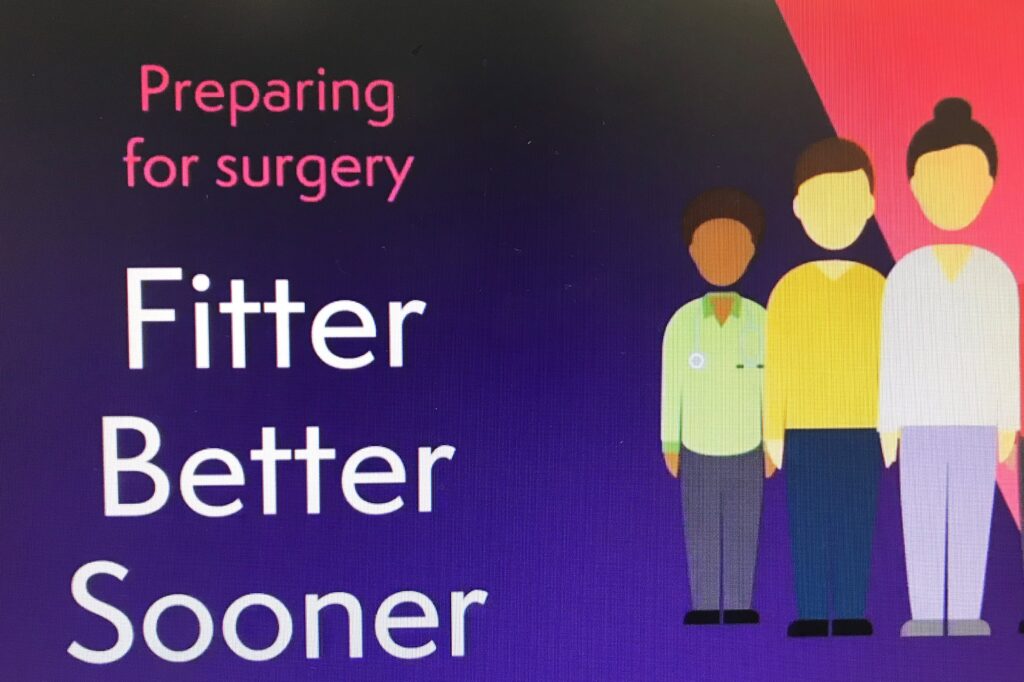Information sharing
After months and months of restrictions, continued uncertainty around work, education and our general health, and the shared anxiety about the future course of this pandemic, we are now in the unusual position of receiving some cautiously optimistic news. Michelle Dyson, our Director General for Social Care, considers what the news of potentially effective COVID-19 …
Anyone working in the care sector – and in residential care settings in particular – knows how vital infection prevention and control is in keeping residents, staff and visitors safe and well. The continued prevalence of COVID-19 in our communities only heightens our collective awareness of this essential line of defence. Back in April, Ruth …
This week, the Department of Health and Social Care published a new PPE (personal protective equipment) strategy, which sets out how PPE will be delivered to the health and social care frontline until the end of March 2021. This is a good opportunity to firstly thank the health and care workforce for everything they do …
One of the challenges of the coronavirus pandemic has been how to deal with the massive amounts of information and guidance being produced by the government and across the whole social care sector. At the Social Care Institute for Excellence (SCIE), their approach has been to reach out and engage the social care sector to …
Samantha Goncalves is the citizen lead for the Professional Record Standards Body’s social care project, which aims to develop standards for information sharing between social care and health. Two new surveys will gather information on how people using social care services can benefit from a more connected system, where their needs and values can be …
The last three months have been the most challenging times faced by social care for many years, says Kathryn Smith, Chief Executive of the Social Care Institute for Excellence (SCIE), However, this period has not been without some positives. SCIE regularly survey people working in social care or in receipt of care to ask them …
Over a month ago, our Joint Chief Social Workers for Adults, Fran Leddra and Mark Harvey, used their Social Work With Adults blog to highlight the importance of maintaining human connections during the coronavirus pandemic. It remains important for the care and support workforce - as well as NHS colleagues and our communities - to …
‘This is community’. These were the comforting words from Arthur Rank Hospice Charity's Medical Director at the end of a recent daily video call as colleagues began a week, the like of which none of them could have imagined even a month ago. CEO Sharon Allen reflects on the huge changes she and her teams …
Playing an active part in your preparation for surgery can have a significant impact on your recovery and long-term health. Ahead of next month's Self Care Week, the Royal College of Anaesthetists's Hilary Swales explains the physical and mental approaches individuals can adopt ahead of surgical procedures and how clinicians can introduce this aspect of …
The Care Provider Alliance (CPA) has been working alongside the Department of Health and Social Care (DHSC), Association of Directors of Adult Social Care (ADASS) and others to assess levels of confidence among care providers and encouraging planning and preparation. Government communications, which are designed to ensure that all employers - as well as all …









